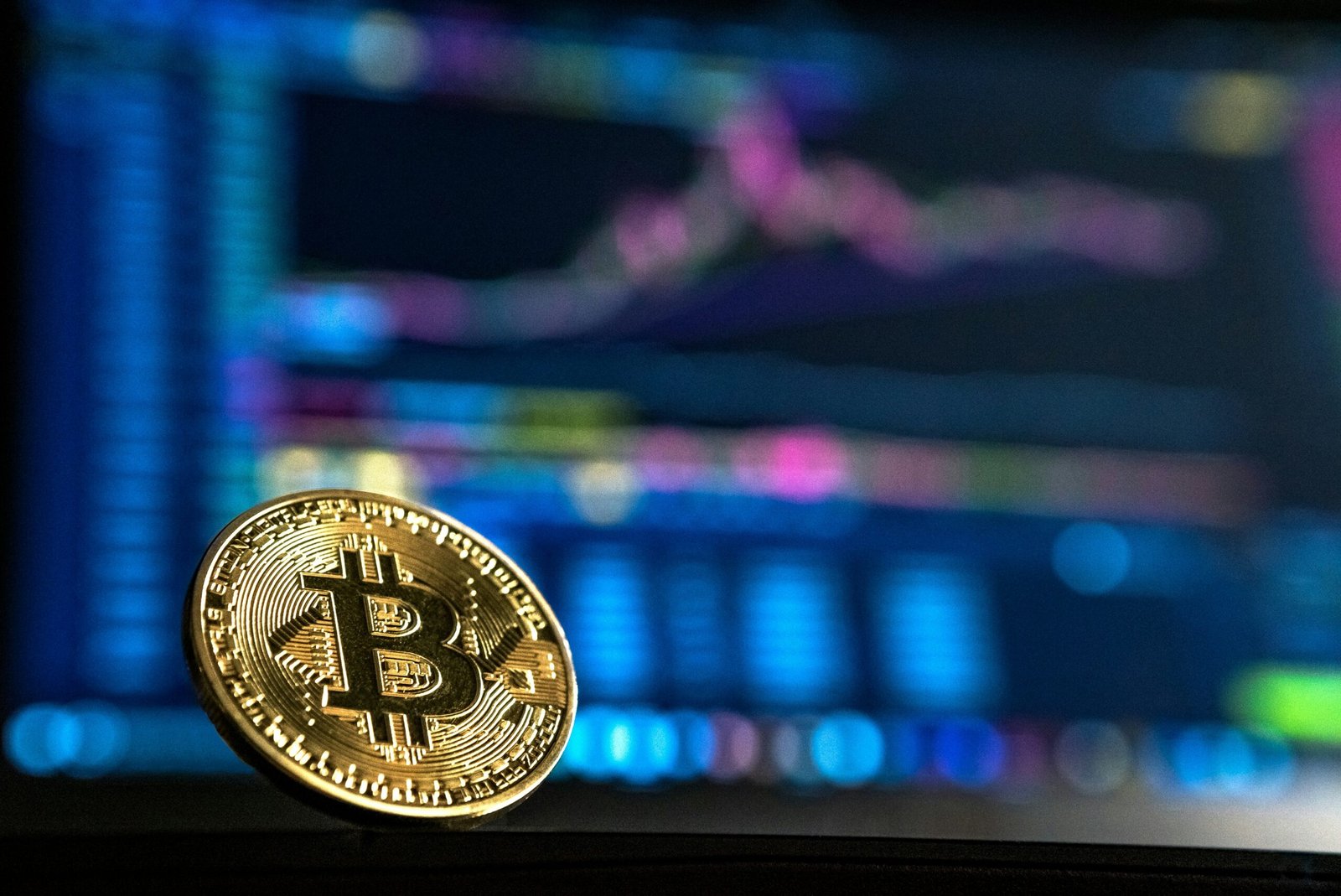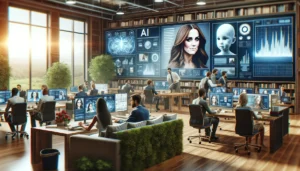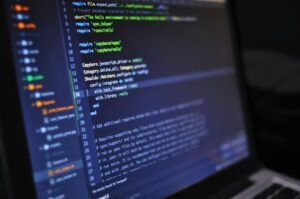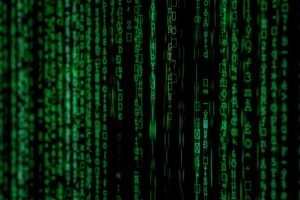AI Unveils the Secrets of the Herculaneum Scrolls

In a world where the past is often a murky shadow, a beacon of light shines through the ashes of Herculaneum, thanks to the groundbreaking application of Artificial Intelligence (AI). The eruption of Mount Vesuvius in 79 CE buried not just cities but a treasure trove of ancient knowledge within the Herculaneum scrolls. Fast forward to the 21st century, AI has become the key to unlocking these ancient secrets.
A mere 3 to 5 percent of ancient Greek texts have survived through the ages, making every discovery a precious window into the past. The Herculaneum scrolls, carbonized by the volcanic eruption, have long tantalized scholars with the promise of undiscovered philosophical texts, potentially revolutionizing our understanding of ancient Roman and Greek thought.
Enter the Vesuvius Challenge, a global competition harnessing the power of AI to decipher these ancient texts. The initiative brought together a ‘superteam’ of researchers, including Youssef Nader, Luke Farritor, and Julian Schilliger, who successfully transcribed significant portions of the scrolls. Their work revealed writings attributed to Philodemus, an Epicurean philosopher, discussing the nature of pleasure and life’s joys.
This achievement was made possible by the tireless efforts of Dr. Brent Seales and Nat Friedman, who offered a substantial prize to encourage the development of AI systems capable of ‘virtually unrolling’ the scrolls. Their dedication paid off, with the team managing to read over 2,000 characters from one scroll, offering insights into Epicurean philosophy.
What makes this endeavor stand out is not just the academic achievement but the collaborative spirit of the scientific and tech communities. The Vesuvius Challenge represents a synergy between historical scholarship and modern technology, demonstrating AI’s potential beyond its conventional applications.
As we stand on the brink of potentially unlocking 85% of the first scroll’s content, the implications are staggering. These scrolls may hold the key to understanding the philosophical underpinnings of Western civilization, shedding light on the thoughts and lives of those who walked the earth millennia before us.
This journey into the past is far from over. With the goal to decipher 90% of the four scanned scrolls, the next phase of the Vesuvius Challenge promises even more revelations. The fusion of AI with ancient texts not only bridges millennia but also reaffirms the timeless nature of human curiosity and the quest for knowledge.
As we look to the future, one thing is clear: AI has opened a portal to the past, offering us a glimpse of the rich tapestry of human history that was once thought lost forever. The Herculaneum scrolls are just the beginning, with the potential for more discoveries lying in wait, ready to be unveiled by the next generation of AI technology.
